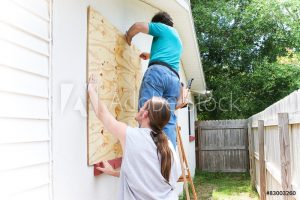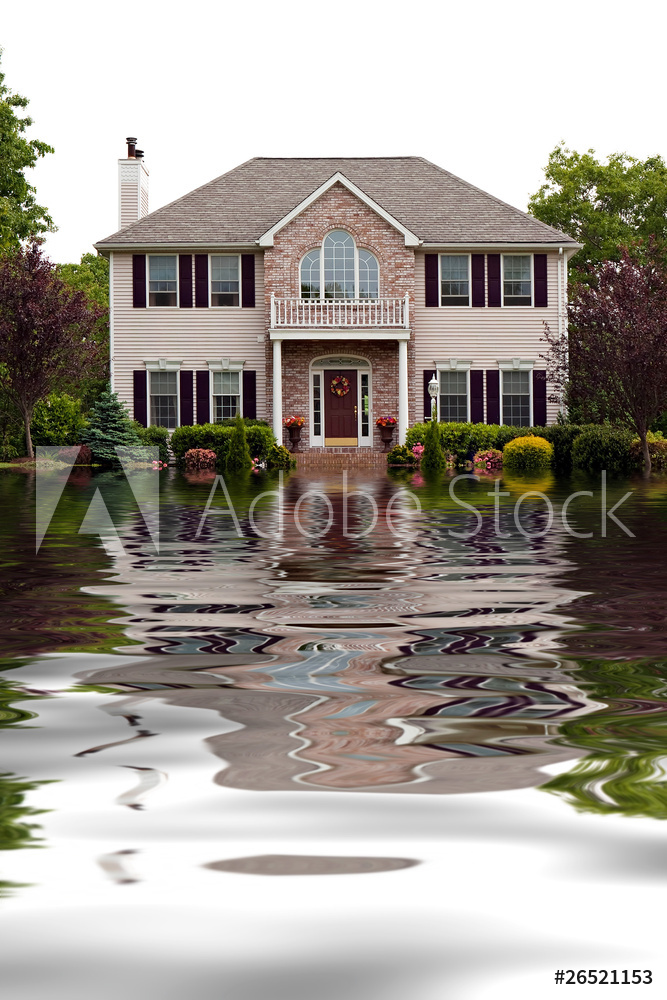With the start of hurricane season around the corner, it seemed fitting to review the hurricane preparedness steps you can take now to make sure you are ready if one of the hurricanes of 2019 should reach our doorstep:
- Prepare a survival kit that includes water and non-perishable food for everyone (including your pets); a portable radio; flashlights and batteries.
- Plan your evacuation route and make sure you leave as soon as the authorities issue an evacuation order.
- Fuel up your car before the storm hits, just in case you need to leave the area. Make sure you also have car chargers for your cell phones and portable devices.
- Build a content inventory to document the items in your home or at your business.
- Prepare your home: close storm shutters and board up all windows and glass doors. Elevate valuable items away from floor level. Secure important paper documents such as birth certificates and passports in a watertight container. Secure outdoor objects, including furniture and grills. Lastly, chain propane tanks in an upright position to a secure object away from your home.

- Know what your homeowner’s insurance policy does and does not cover.
Almost every homeowner’s policy has wind/hail/hurricane insurance coverage built in. You should note that not all companies create wind/hail/hurricane deductibles equally. There are 2 ways that a homeowner is financially responsible before insurance coverage will kick in. Either you pay the stated percentage out of pocket, or you pay the stated amount out of pocket.
Here’s the difference:
A wind/hail/hurricane percentage means that you pay a % of the property limit listed on your policy. 2%, or even 5%, doesn’t look like a large amount of money out of pocket, until you realize that it’s 2% of $300,000 for example, or 5% of $500,000 ($6,000 and $25,000 respectively!). Many carriers do not bring attention to this line item and homeowners find out they have a percentage deductible the hard way.
A wind/hail/hurricane amount is a fixed dollar amount that the carrier states you need to pay before they will begin covering claims expenses. This is usually significantly lower than a percentage deductible (usually around $2,500, but will vary by carrier).
*** And here’s an important note on FLOODING ***
Flooding as a result of natural causes (e.g. melting snow, excessive rain, hurricanes, etc.) are NOT covered under a homeowner’s policy. You will need a separate flood insurance policy to cover flooding damages. There is very little wiggle room here and the importance of this cannot be stated enough. You do not need to be categorized as living in a flood zone to experience flooding, and just because you’ve never had a flooding issue in the past it does not mean you never will.
So hopefully now you know what to look for on your homeowner’s policy. The language can sometimes be a bit tricky so if you wodul like us to take a look to determine whether you have a % or a $ to pay for wind/hail/hurricane damage please give us a call (908) 237-1800 or email [email protected].

